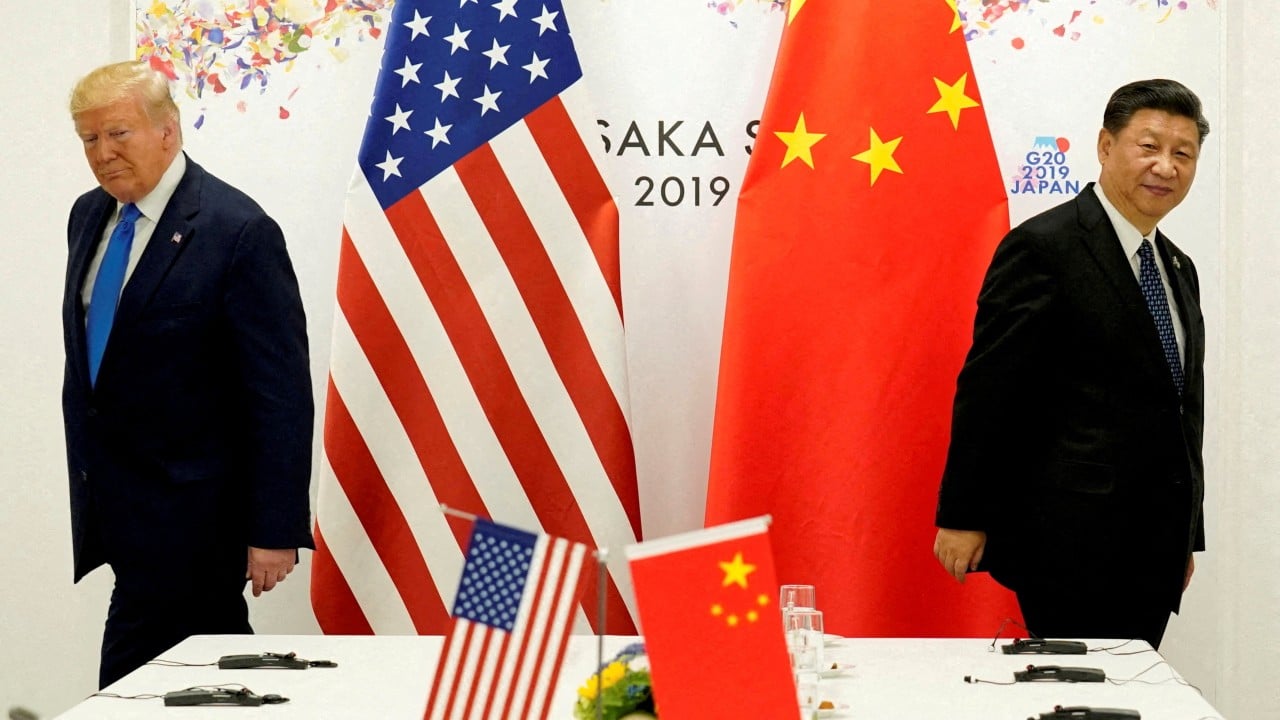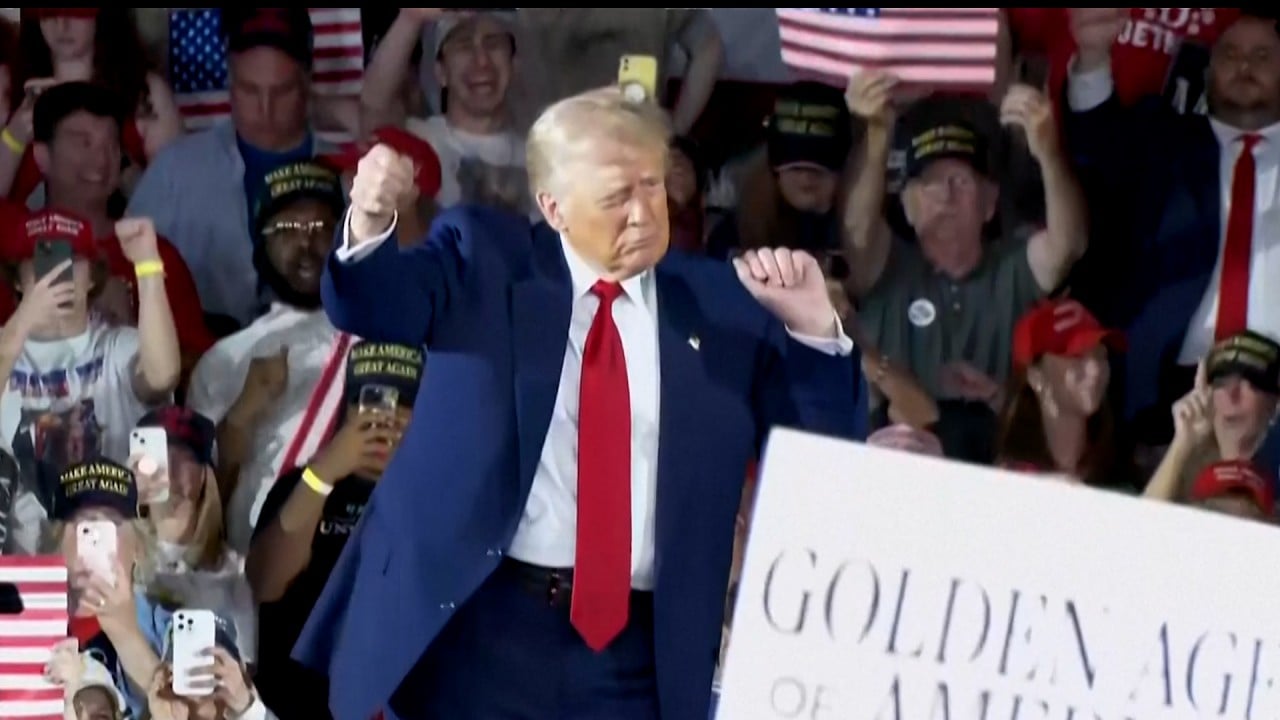European officials are studying a trade deal announced between the United States and Britain on Thursday for signs of how US President Donald Trump may cajole them into adopting tougher policies on China.
Advertisement
Sources from the EU and its member states said the text showed that Trump wanted to ensure America’s allies would work to cut Beijing out of important supply chains, namely steel and pharmaceuticals. China is not named in the agreement, but it is alluded to throughout.
“The language in this agreement on alignment with the US on forced labour, data security, economic security, and investment bans can only be read as China being the elephant in the room,” said Sam Goodman, senior policy director at the China Strategic Risks Institute, a British think tank.
Britain agreed to “promptly meet US requirements on the security of the supply chains of steel and aluminium products intended for export to the United States and on the nature of ownership of relevant production facilities”, the text read, in what observers saw to be references to Chinese ownership in the industry.
The document seeks to bind Britain to “ensuring the security of supply chains, using appropriate measures, of products intended for export to the United States” for sectors that are subject to Section 232 investigations now or at future points. Such an investigation is currently under way in the pharmaceutical sector.
Henry Gao, a professor specialising in international trade at Singapore Management University, suggested that the deal’s China focus would be a running theme as countries around the world scrambled to avoid tariffs.


